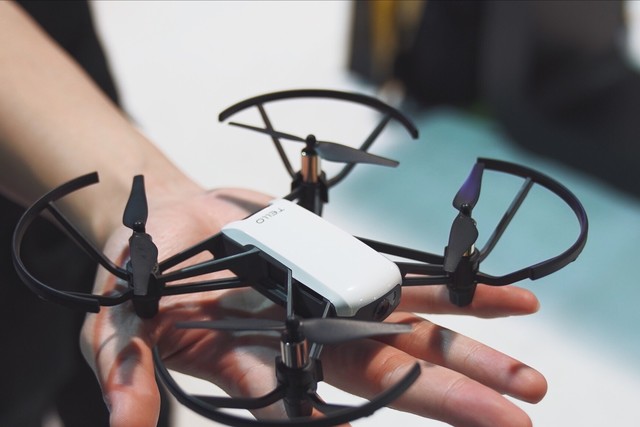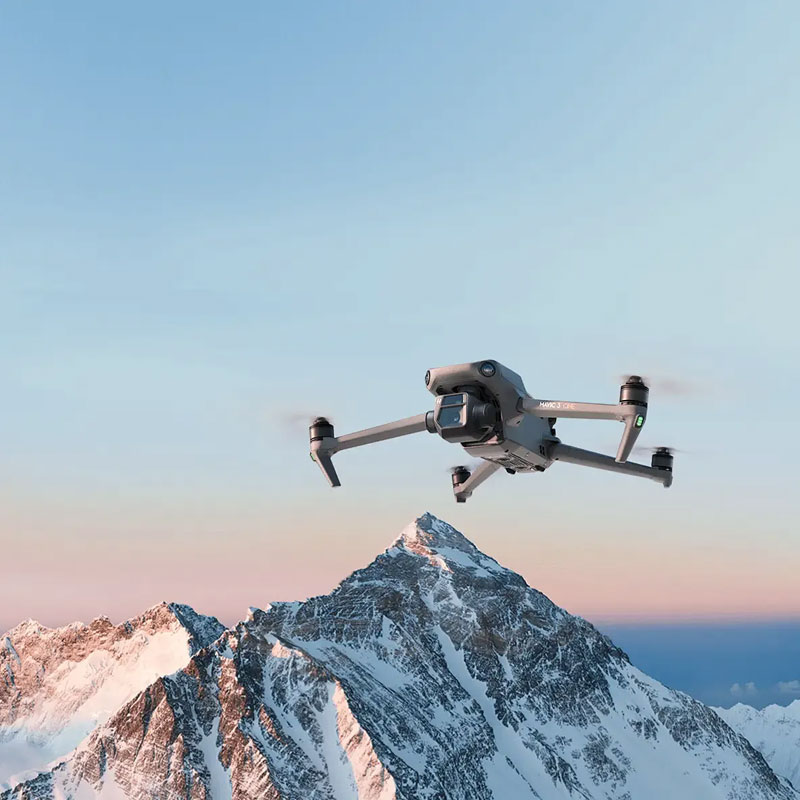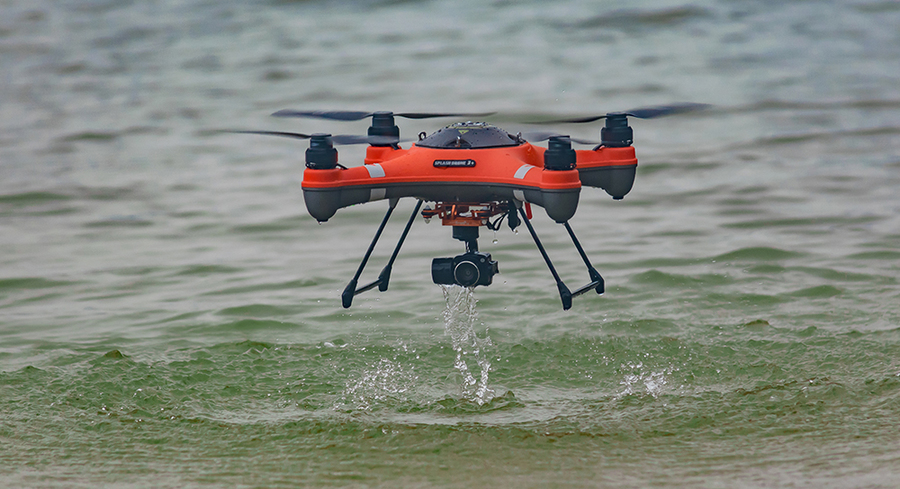Firstly, why is drone insurance necessary? Like any other valuable asset, drones are susceptible to risks such as accidents, hardware malfunctions, and theft. Insurance provides protection against financial loss that may result from these incidents. Furthermore, if you’re using your drone for commercial purposes, some jurisdictions legally require you to have insurance.
There are various types of drone insurance to consider.
Liability Insurance
 is pivotal for protecting against third-party claims. These might include property damage or personal injury caused by your drone operations. Often, liability insurance is a mandate for commercial drone operators.
is pivotal for protecting against third-party claims. These might include property damage or personal injury caused by your drone operations. Often, liability insurance is a mandate for commercial drone operators.
Next,
Hull Insurance
covers the physical damage to your drone itself. This is akin to comprehensive coverage for a car. Whether it’s an accidental crash or technical hardware issues, hull insurance ensures that your drone is covered for repair or replacement costs.
Another option to consider is
Payload Insurance
. This type of insurance covers any attached equipment, such as cameras and sensors, ensuring that they are protected in case of damage or theft. Given the expensive nature of high-end payloads, this insurance is critical.
When assessing drone insurance, consider the coverage limits, exclusions, and the premium cost. These factors determine the comprehensiveness and affordability of an insurance package. Ask yourself: What are the most significant risks? What kind of operations will my drone be conducting? These questions will guide you in finding a policy that best suits your needs.
Moreover, choosing a reliable insurer is vital. Look for companies with positive reputations, customer service, and satisfaction ratings. Reviews and testimonials can provide insight into how an insurer handles claims and customer interactions.
It’s also worth considering drones in the context of aviation laws. Regulations may differ significantly by region, affecting insurance needs and requirements. For instance, the FAA in the United States has specific rules for commercial drone operations, influencing the kind of insurance you might require.

As drones are a rapidly evolving technology, insurance offerings are becoming more specialized and tailored to specific drone products and operations. Keeping updated on changes in the insurance landscape can provide benefits and security as new risks and functionalities emerge.
In conclusion, whether for fun or business, comprehensive drone insurance protects your investment and mitigates potential risks. With careful assessment of your needs, operations, and regional requirements, you can fly your drone with confidence and peace of mind.
FAQ:
- Do I need insurance for a recreational drone?
- While not always legally required, it’s wise to consider insurance for recreational drones to safeguard against accidental damage and potential third-party liabilities.
- Can drone insurance cover theft?
- Yes, many hull insurance policies include protection against theft, in addition to covering physical damages.
- How do I file a claim?
- Contact your insurer directly following an incident. Gather and submit required documentation, such as drone repair estimates and accident reports, to expedite the claims process.

